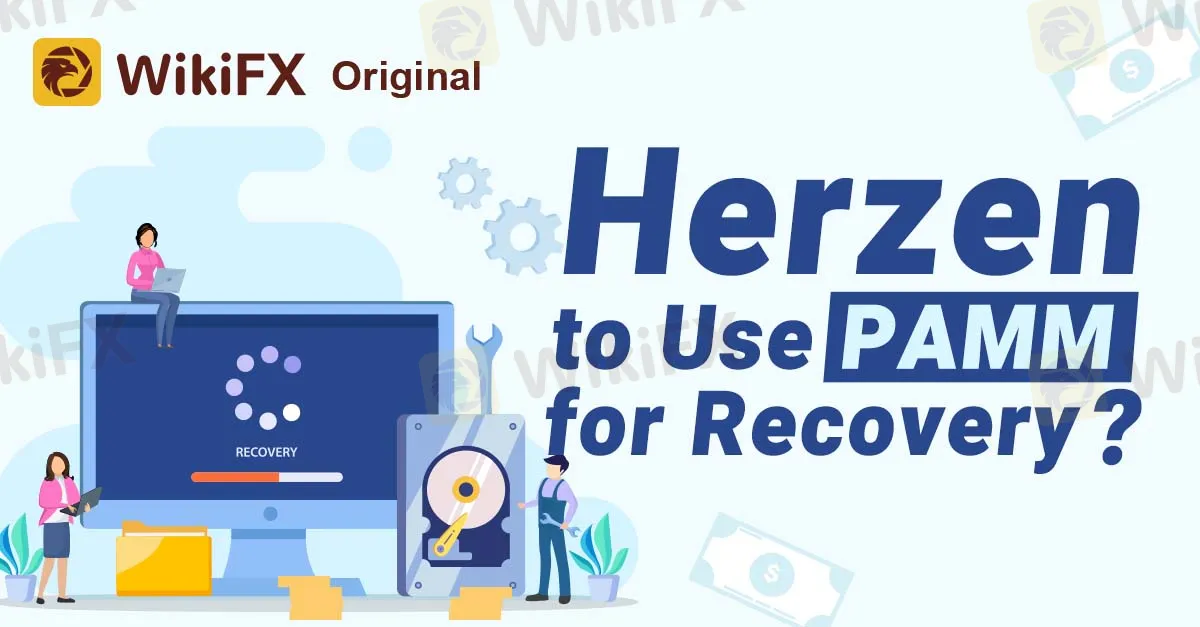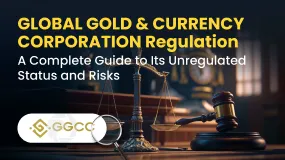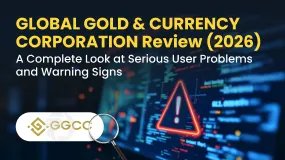Abstract:Herzen announced that the company is willing to bear the losses from the hacking incident and assist foreign exchange investors in recovering their losses.

Herzen issued a notice on May 15th, stating that the company is willing to bear the losses from the hacking incident and assist foreign exchange investors in recovering their losses. Currently, Herzen has raised a new pool of capital that will be used for a new Percentage Allocation Management Module (PAMM) account for trading. 50% of the capital will be reinvested in this PAMM account to allow for compounding and rapid growth, while the other 50% will be prioritized for members who have not yet recovered their initial investment to help them recover their losses. This action is divided into R-POINTS and W-POINTS, meaning that assistance will be provided first to members who have yet to recover their investment (R-POINTS) and then to those who have generated profits (W-POINTS).

Upon hearing this news, all Malaysian members were extremely happy and considered it great news. Previous suspicions were dispelled, and everyone praised Herzen for taking responsibility. However, a few individuals still believe that this situation is similar to the JJPTR and Triumphfx incidents from previous years, suspecting that the company is using another method to continue exploiting investors.
Upon the announcement, it is believed that certain individuals within the company immediately spoke positively about Herzen in group chats, spreading “positive energy” and trying to regain the members' trust.
Some astute foreign exchange investors raised questions: “Does 'not yet recovered' refer to return on investment (ROI), or does it include team bonuses? How much money is in the company's PAMM fund?” These questions have yet to receive a direct response in the group chat, and instead, there is a more uplifting “positive energy” rhetoric. This inevitably leads people to wonder whether Herzen truly designed this PAMM to help investors recover their losses.







In general, cases involving fraudulent investment schemes or hacking incidents are not uncommon in the financial industry. There have been instances where companies have promised to assist investors in recovering their losses but later turned out to be fraudulent schemes. One such example is the infamous Ponzi scheme orchestrated by Bernie Madoff, which defrauded investors of billions of dollars.
In cases like these, investors must exercise caution and conduct thorough due diligence before investing their money. They should research the company and its track record, verify regulatory compliance, and seek independent financial advice. Additionally, investors should be wary of promises that seem too good to be true, such as guaranteed high returns or complete recovery of losses.
If you have concerns or suspect fraudulent activities in a specific case, it is advisable to report it to the appropriate authorities, such as financial regulatory bodies or law enforcement agencies, who can investigate the matter further.
Simultaneously, do not forget to download the free WikiFX mobile application. WikiFX is an online platform that provides valuable information and ratings on forex brokers, helping investors make informed decisions and avoid scams. It offers broker verification, user reviews, ratings, and educational resources, to enhance investors' understanding of the market. WikiFX also provides scam warning alerts and encourages users to report suspicious brokers, contributing to the prevention of fraudulent activities. While investors should not rely solely on one platform, utilizing WikiFX can serve as a helpful reference in researching brokers and staying informed about potential risks in the forex market.


















